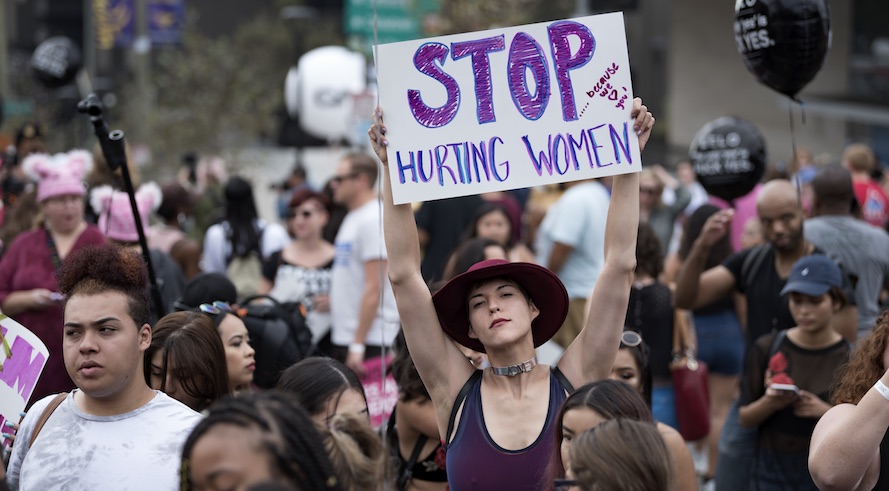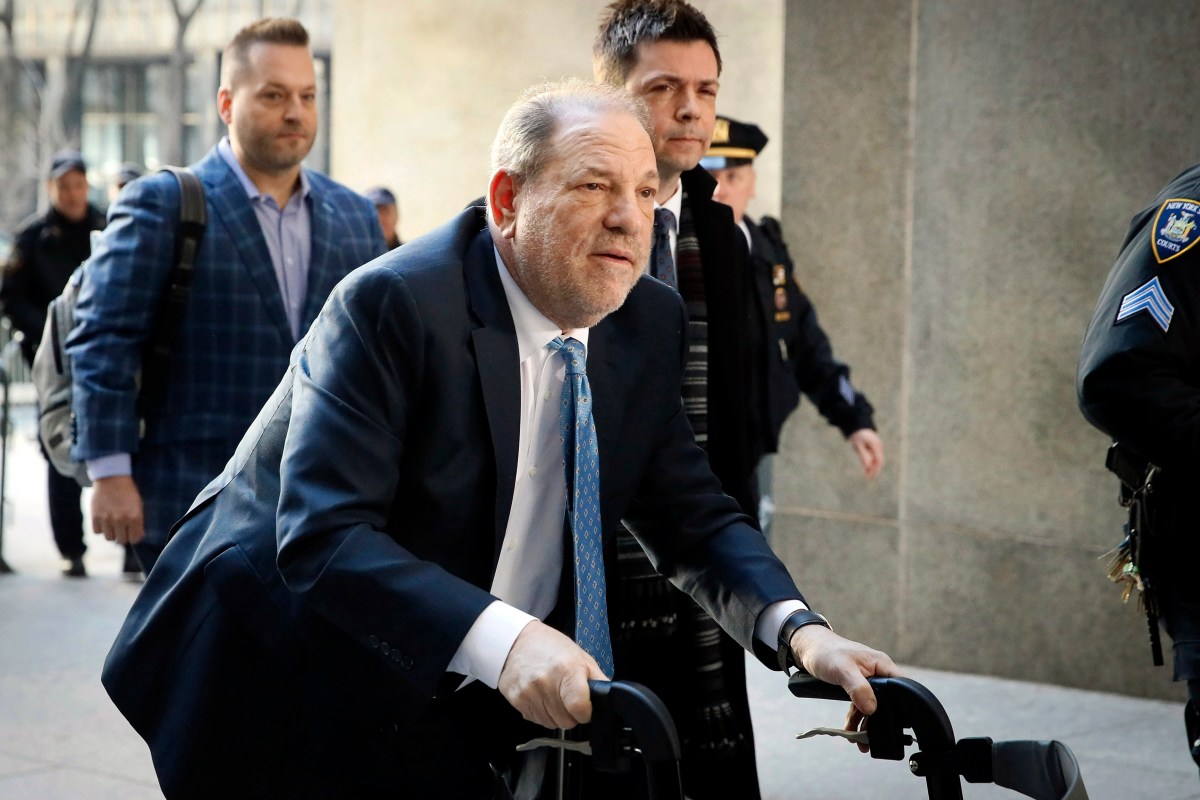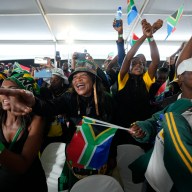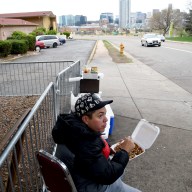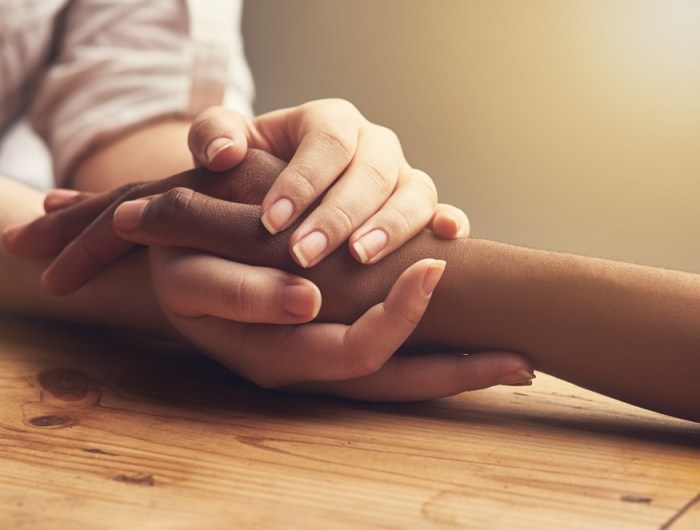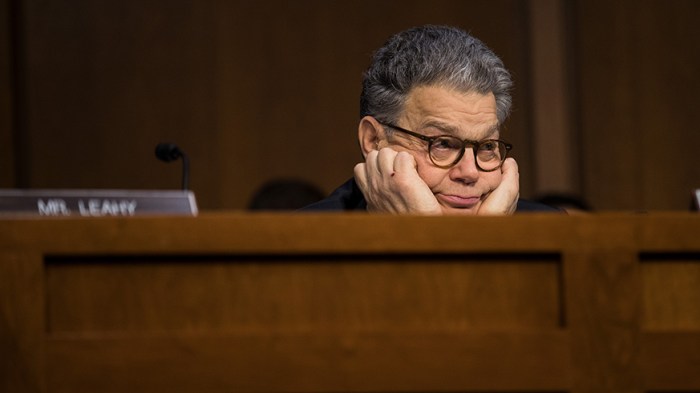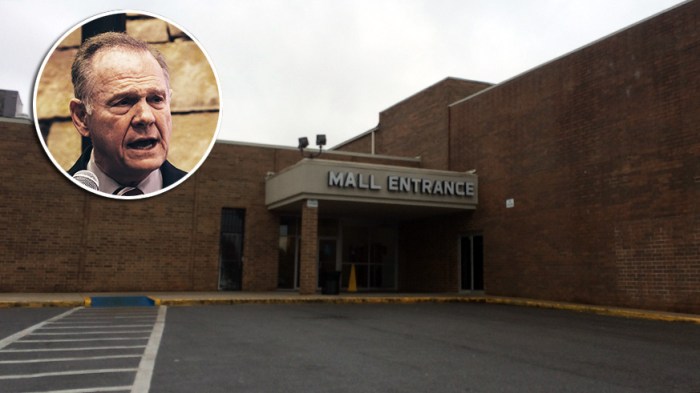Thousands of women have been taking to social media to share their own stories of sexual assault and harassment as part of what is now being called the #MeToo campaign. Actress Alyssa Milano sparked the movement, writing on Twitter on Sunday that a friend suggested: “If all the women who have been sexually harassed or assaulted wrote ‘Me Too’ as a status, we might give people a sense of the magnitude of the problem.”
Metro reached out to Gina Scaramella, executive director of the Boston Area Rape Crisis Center, to hear about the impact of the movement and how to support those speaking out.
Metro: What was your first reaction to the campaign and were you surprised?
Gina Scaramella: I didn’t see it until late [Sunday] night. My entire feed was filled with it, so it was like, ‘Wow.’ I think that the fact that it took off so much, so quickly was surprising, but no. It didn’t surprise me that many people would come forward. I think it’s going to be surprising if you’re a banker or work in a donut shop or somewhere else where this isn’t what you talk about every day, to see your community talking about it.
What’s the importance of this campaign?
It does help correct this myth that this is a really rare thing that happens only sometimes and only to certain people who happen to be clothed wrong, in the wrong place or doing the wrong thing. It shows that the vast majority of people you know are going to have experienced sexual violence of some sort. Hopefully that makes people who have come forward feel less alone and can fuel the conversations about how we’re going to address this at the level of pervasiveness we’re talking about.
What do you hope happens next?
For us, we know that the majority of people who come in for services or call our hotline heard about us from a friend. so if you want to do something to help, one thing you can do is make sure people know what resources are out there for them. That’s a really important action step. There are tips on our website for how to support a survivor in your life[at barcc.org/help/someone], and I think that could be a helpful link in terms of making sure that people who are close to someone who’s disclosed have some tools for support. Our hotline [800-841-8371] is available whether someone’s a survivor, friend or significant other to call 24/7.
What if some women don’t feel ready to speak out?
I do think it is really important for us as a community to recognize that not everybody is ready to label themselves in some way. If people are posting, it’s great to be celebrating and supporting people who do feel safe to come forward. But it’s also equally important to recognize that many more people are going to stay silent. It seems sort of safe because it’s part of this big thing, but when it comes down to it, who your community is and whether you feel safe and whether you have enough support is really a personal decision.
How many people come forward to BARCC about these experiences?
We go to the hospital more than once a day with someone who was acutely assaulted, just in the Boston area. Last year we went to the hospital 525 times, so that was someone who was assaulted within five days and made a decision to get forensic evidence collection — you’ve cut off so many other people right there. We get thousands of calls a year on our hotline and probably 500 to 600 people coming in each year for counseling. And we know that not everyone reports.
Do you anticipate more people reaching out to BARCC after this?
I imagine we’ll probably see a spike on our hotline. We have in the past, after certain movies that come out or major issues in the community happen. The other point we’re trying to make about it is to try to have people think in a gender-inclusive way. Every day we have people coming in [to BARCC] who are male or gender nonconforming or transgender—and transgender people experience the highest rates of sexual harassment and violence.
Do you see any frustrations with this campaign?
Not so much with this specific campaign, but in general it’s hard to see that we’re all so dependant on survivors telling their stories and being once again vulnerable. Sometimes it seems there’s no way around that, but often times, like if look at the Harvey Weinstein case, for example, a lot of people knew that there was a problem there. All of this is kind of a wake-up call that if you have the positional power or wherewithal to do something and you do it, you’re really saving a survivor from the additional burden of having to convince people and disclose and risk not being believed.

